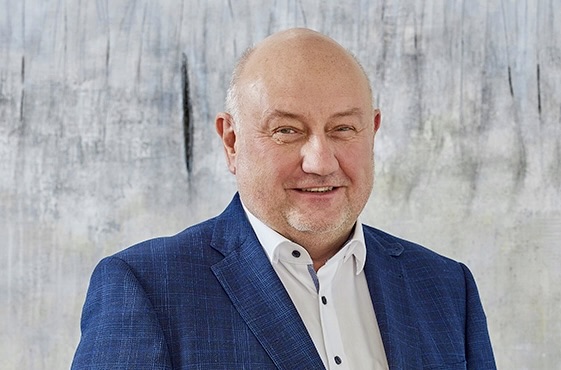Thought Leadership

By Diplomatic Council member Harald Müller*
In European political circles, the drastic reduction of bureaucracy envisaged by US President-elect Donald Trump should be taken seriously rather than hastily condemned. Trump has already named the two entrepreneurs Elon Musk and Vivek Ramaswamy as heads of a new ‘Department of Government Efficiency’ (DOGE), and the duo has already presented a rough plan for curbing bureaucracy in the USA.
According to this plan, all federal regulations that can be classified as legally dubious according to decisions of the Supreme Court are to be simply abolished. The number of employees in the US federal administration is also to be significantly reduced in line with the elimination of the laws. But that's not all: Musk and Ramaswamy want to limit the authorities' scope for action so that fewer new regulations are issued. The approach is expected to save hundreds of billions of dollars in public money.
Of course, the legal situation in the EU is completely different, but it is arguably undisputed that a drastic reduction in legal regulations and the associated bureaucracy would also do us good in this country. If Musk and Ramaswamy actually succeed in curbing the bureaucratic monster in the US, this cannot fail to have an impact on the bureaucracy-plagued EU.
There is not much time to evaluate it, because the set timeframe is exceptionally short: the project is to be completed by 4 July 2026 – the 250th anniversary of the United States of America's Declaration of Independence. In a year and a half, the two would have achieved what Edmund Stoiber failed to do in eight years in Brussels, given the largely unsuccessful anti-bureaucracy efforts of the former Bavarian Prime Minister.
Despite all the criticism of the Trump administration and Elon Musk in person, political leaders in Europe should take a close look at the approach and results of debureaucratisation in the US and, if necessary, initiate similar initiatives.
The BWA Academy (‘Consulting, Coaching, Careers’), founded by Harald Müller, has been successfully operating for over 25 years under the management of him and Astrid Orthmann as a specialist in personnel development, outplacement, personnel consulting and training, as well as in labour market programmes such as employee transfer. BWA sees itself as a neutral mediator between employers and trade unions for the benefit of employees. With the help of BWA, more than ten thousand employees have found a new professional future. The spectrum ranges from supporting change management processes to placing and coaching executives and helping people start their own businesses.
